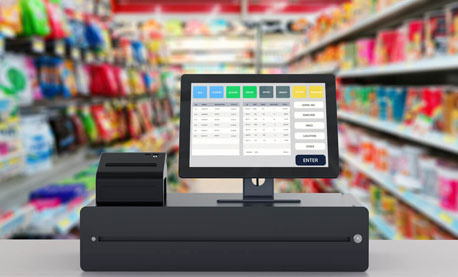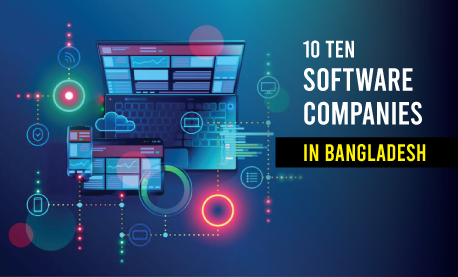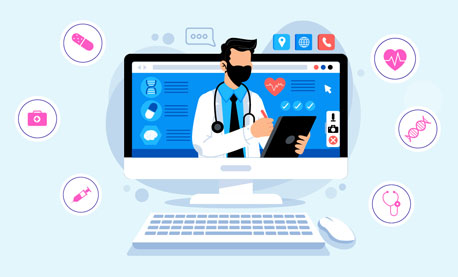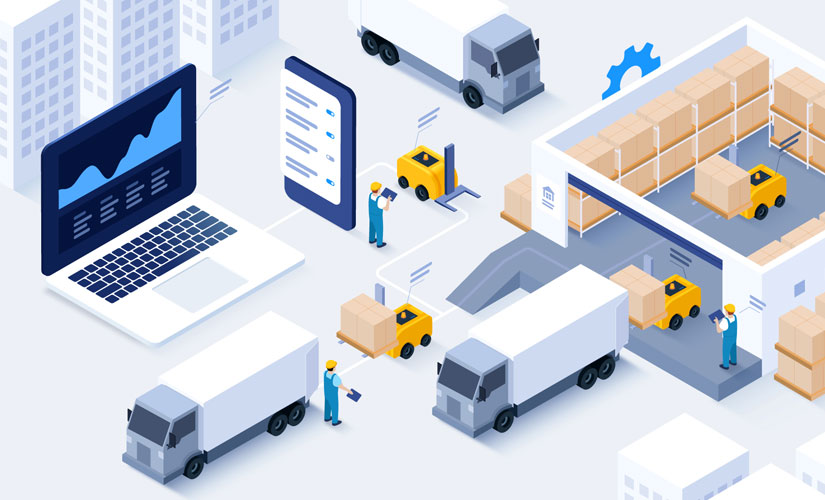Hospital Management Software: Revolutionizing Healthcare Administration
Hospital management software (HMS) is a system that helps hospitals and other healthcare organizations to manage their operations more efficiently. In today’s fast-paced world, managing a hospital efficiently is more crucial than ever. The complexities of healthcare administration, patient data management, staff coordination, and inventory control can be overwhelming without the right tools. That’s where Hospital Management Software comes into play. This comprehensive article will delve into the depths of Hospital Management Software, exploring its various facets, benefits, challenges, and its impact on healthcare organizations worldwide.
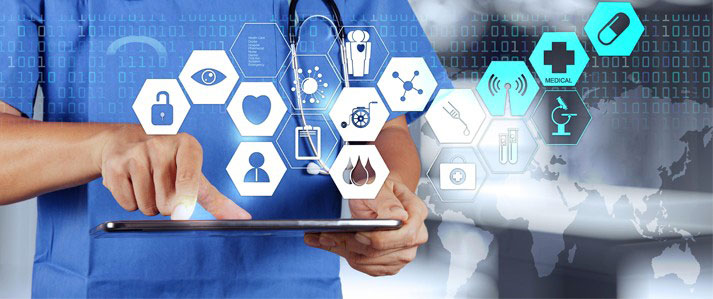
Hospital Management Software: Streamlining Operations for Enhanced Patient Care
Hospital Management Software, also known as Healthcare Management System (HMS) or Hospital Information System (HIS), is a powerful digital solution designed to streamline and automate the administrative, financial, and operational functions of healthcare organizations. From patient registration and appointment scheduling to billing and inventory management, this software offers a holistic approach to managing hospital operations effectively.
1. How Does Hospital Management Software Work?
Hospital Management Software integrates multiple modules and functionalities to ensure smooth operations within healthcare organizations. These modules may include:
- Patient Management: Enables efficient patient registration, scheduling, and tracking of medical records.
- Appointment Management: Facilitates easy appointment booking, rescheduling, and cancellation.
- Billing and Insurance: Automates billing processes, insurance claims, and payment tracking.
- Inventory Management: Manages medical supplies, equipment, and pharmacy inventory.
- Laboratory Management: Streamlines lab processes, test requests, and result tracking.
- Electronic Health Records (EHR): Digitizes and stores patient health records securely.
- Pharmacy Management: Manages pharmacy inventory, prescriptions, and medication dispensing.
- Reporting and Analytics: Generates comprehensive reports and data-driven insights.
By centralizing these functions into a single software solution, Hospital Management Software enhances coordination among departments, reduces manual errors, and improves overall operational efficiency.
2. Benefits of Hospital Management Software
Hospital Management Software offers a myriad of benefits for healthcare organizations, ranging from increased productivity to improved patient care. Let’s explore some of these advantages:
- Enhanced Efficiency: By automating repetitive tasks and streamlining processes, Hospital Management Software saves time and reduces the administrative burden on hospital staff.
- Improved Patient Experience: With features like online appointment booking and patient portals, patients can easily access healthcare services, leading to a more convenient and satisfying experience.
- Accurate Billing and Insurance Processing: The software ensures accurate billing, seamless insurance claim processing, and efficient payment tracking, minimizing financial discrepancies.
- Real-Time Access to Patient Data: Hospital staff can access patient health records, medical history, and test results in real-time, enabling informed decision-making and prompt treatment.
- Inventory Control and Management: Hospital Management Software allows efficient tracking and management of medical supplies, ensuring adequate stock levels and preventing shortages.
- Data Security and Privacy: Advanced security measures protect sensitive patient data, ensuring compliance with healthcare regulations and safeguarding patient confidentiality.
3. Challenges in Implementing Hospital Management Software
While Hospital Management Software offers immense benefits, implementing it in a healthcare organization can present challenges. Some of the common hurdles include:
- Cost: Acquiring and implementing Hospital Management Software involves a financial investment. Additionally, training staff and maintaining the software can contribute to ongoing costs.
- Integration with Existing Systems: Integrating the new software with existing systems and processes can be complex and may require customization and data migration.
- User Adoption and Training: Hospital staff may require training and support to adapt to the new software, which can initially disrupt workflow and productivity.
- Technical Issues: Software glitches, downtime, or compatibility issues with hardware and networks can hinder the smooth functioning of Hospital Management Software.
Overcoming these challenges requires careful planning, stakeholder engagement, and a phased implementation approach, ensuring proper training and support for the staff.
FAQs
FAQ 1: What is the purpose of Hospital Management Software?
Hospital Management Software aims to streamline administrative and operational functions within healthcare organizations, improving efficiency, enhancing patient care, and optimizing resource utilization.
FAQ 2: Can Hospital Management Software integrate with existing systems?
Yes, Hospital Management Software can be customized and integrated with existing systems to ensure seamless interoperability and data exchange.
FAQ 3: Is Hospital Management Software suitable for small clinics as well?
Absolutely! Hospital Management Software caters to organizations of all sizes, including small clinics, outpatient centers, and multi-specialty hospitals.
FAQ 4: How secure is patient data in Hospital Management Software?
Hospital Management Software employs robust security measures to safeguard patient data, ensuring compliance with privacy regulations such as HIPAA.
FAQ 5: Can Hospital Management Software improve revenue generation?
By automating billing processes, reducing errors, and enhancing insurance claim processing, Hospital Management Software can significantly improve revenue generation for healthcare organizations.
FAQ 6: What kind of training is required for staff to use Hospital Management Software?
The training required for Hospital Management Software depends on the complexity of the software and the existing knowledge of the staff. Training sessions, user manuals, and online resources are typically provided to ensure smooth user adoption.
Conclusion
Hospital Management Software has emerged as a game-changer in the healthcare industry, revolutionizing the way hospitals and clinics operate. By automating administrative tasks, enhancing patient care, and optimizing resource utilization, this software has proven to be an invaluable tool for healthcare organizations worldwide. While challenges exist in its implementation, the benefits far outweigh the initial obstacles. As technology continues to advance, Hospital Management Software will evolve, providing even more innovative solutions to meet the ever-growing demands of the healthcare sector. GCTLINFOSYS offer custom car repair management software for small, medium or large hospitals.



